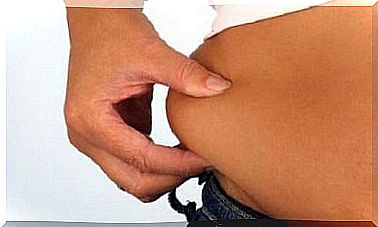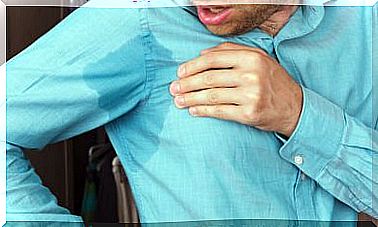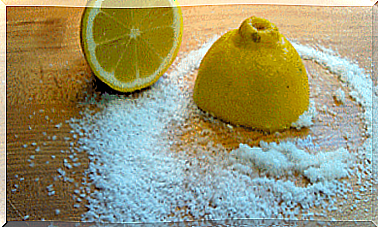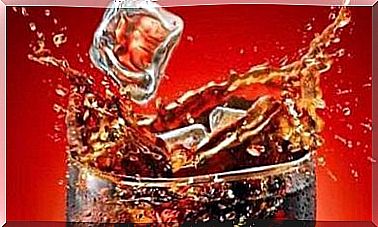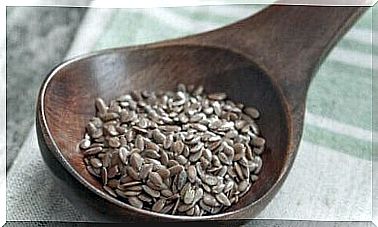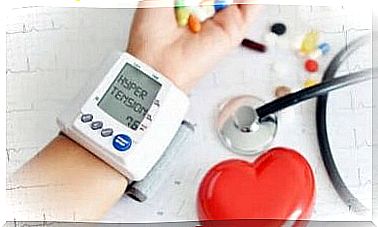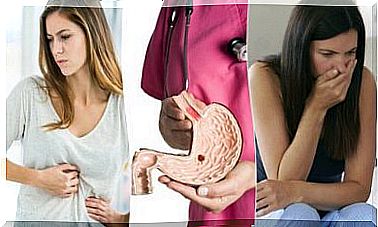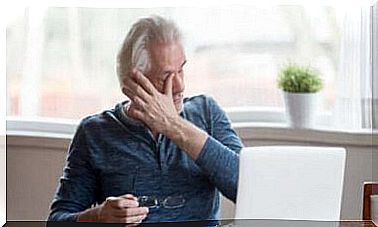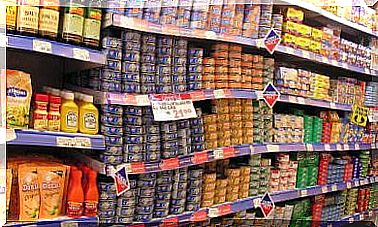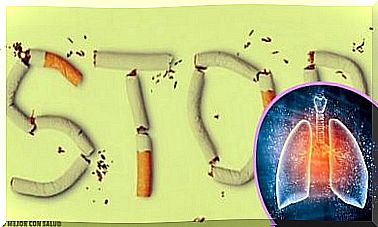Kidney Stones – How To Prevent Them?
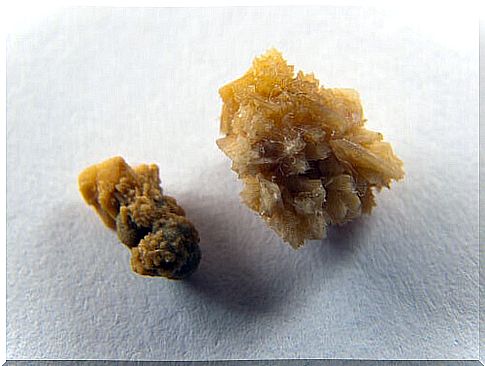
Kidney stones are pieces of solid material that are formed by high levels of certain substances in the urine. These substances usually do not cause any problems in the earlier stages.
Nephrolithiasis is a disease in which kidney stones form an obstruction. This blockage can occur in at least two places: the stones can either remain in the kidneys or go down to the urinary tract.
The degree of danger they pose is directly related to their size. If the stone is small it can come out on its own which causes a little pain, but it can also be completely painless.
However, if it turns out that the stone is of a much larger size, it can create a blockage in the urinary tract and the flow of urine will be severely impeded. It can also cause heavy bleeding and be very painful.
Where do kidney stones come from?
The formation of kidney stones is associated with high levels of calcium oxide and phosphorus in the urine. Certain foods can cause kidney stones in some people.
How can I find out if there are kidney stones in my excretory system?
You may be more at risk of having kidney stone problems if you meet any of these criteria:
- You have problems with your metabolism
- You have chronic problems with a urinary tract infection
- You have trouble urinating
- You have noticed significant changes in the color of your urine, which may indicate a change in its chemical composition
- Kidney stones have often been forfeited in your family
- Another factor that may affect you in this case is the consumption of substances or taking certain medications that have a side effect of negatively affecting the kidneys.
Immediate symptoms
There are other symptoms that may indicate the presence of kidney stones in your body, such as:
- Blood in the urine
- Feeling of sharp, unbearable pain in the lower abdomen (front) or in the back, between the chest and buttocks (at the level of the kidneys)
- Pain when urinating
* Of course, if it is a large stone, you may experience severe pain. Pain can even be accompanied by nausea and vomiting. In the case of small-sized stones, they may not cause any problems and you will not feel their presence.
When does things get serious enough that I should see a doctor?
If you have any of these symptoms you should contact a specialist immediately:
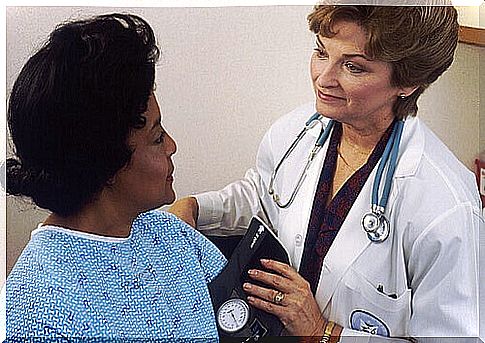
- Frequent vomiting
- Blood in the urine
- Fever and chills
- Frequent and persistent lower abdominal or back pains that do not appear to have a specific cause
- Urine’s strange, cloudy appearance and smell
- Severe pain when urinating
How can problems with kidney stones be avoided?
Various methods can be used that may be effective in preventive treatment, such as:
- Get to know the types of kidney stones. If you ever have this condition, you can more easily identify the problem and take the appropriate fight. Eat foods that do not contain substances that are harmful to the kidneys.
- Take care of your weight. People of higher weight and slightly larger sizes tend to have an increased risk of developing such stones.
- Drink at least 8 glasses (2 liters) of fluid daily. This is very essential, and it can be even more if you exercise frequently or if it is very hot. Drinking orange juice can also be very effective because it contains a compound called citrate that minimizes the degree to which calcium and oxalic acid crystallize, thus forming stones.
- Cut down on animal protein intake from foods like fish, eggs, and meat. You can limit portions of these products to 15-17 grams. These foods contain natural substances (such as purines) that break down or turn into uric acid. Again, you can avoid sardines and liver and replace them with other protein sources: e.g. nuts and legumes.
- Minimize your sodium (salt) intake. However, you should not reduce it completely, but if possible try to keep it as low as possible.
Additional recommendations
- Eat foods, which have a corresponding amount of potassium, such as vegetables (pumpkins, potatoes and tomatoes) and fruits (melons, in particular the type called cantaloupe, bananas and peaches).
- Be cautious about taking multivitamin supplements containing calcium or oxalate.
- Fat. Control your cholesterol intake in dairy products.
- Age. Overall, people over the age of 40 are more prone to kidney stones.
- Kidney stones in your family members. Ask your family if anyone close to them has had kidney stone problems in the past, or if no one has ever dealt with kidney stones before.
- Specialist help. Visit a urologist at least once a year.
Note: The size of your kidney stones, and maybe even whether they crystallize at all, is also up to you. However, if you start to experience disturbing symptoms, don’t hesitate to ask your doctor for help. If you don’t take care of it, things can get worse. Start paying attention to what you eat; it is very important.
